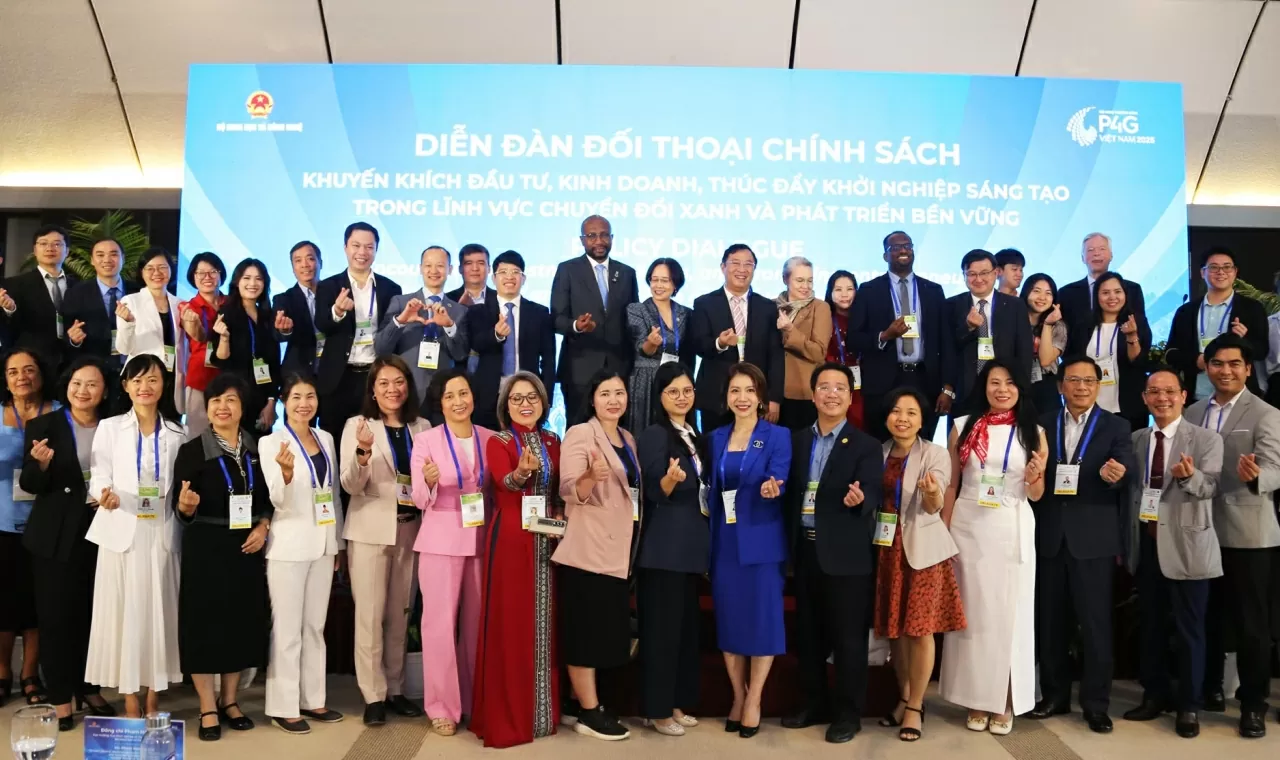 |
| The forum is an opportunity for policymakers, businesses and investors to discuss, identify challenges, find solutions and propose breakthrough initiatives to promote the green innovation startup ecosystem. (Photo: Thanh Long) |
Attending the program were Mr. Hoang Minh, Deputy Minister of Science and Technology, Ms. Robyn McGuckin, CEO of P4G, Mr. Finn Mortensen, CEO of State of Green, Mr. Malle Fofana, Regional Director of Asia of the Global Green Growth Institute (GGGI), and representatives of ministries, sectors and enterprises.
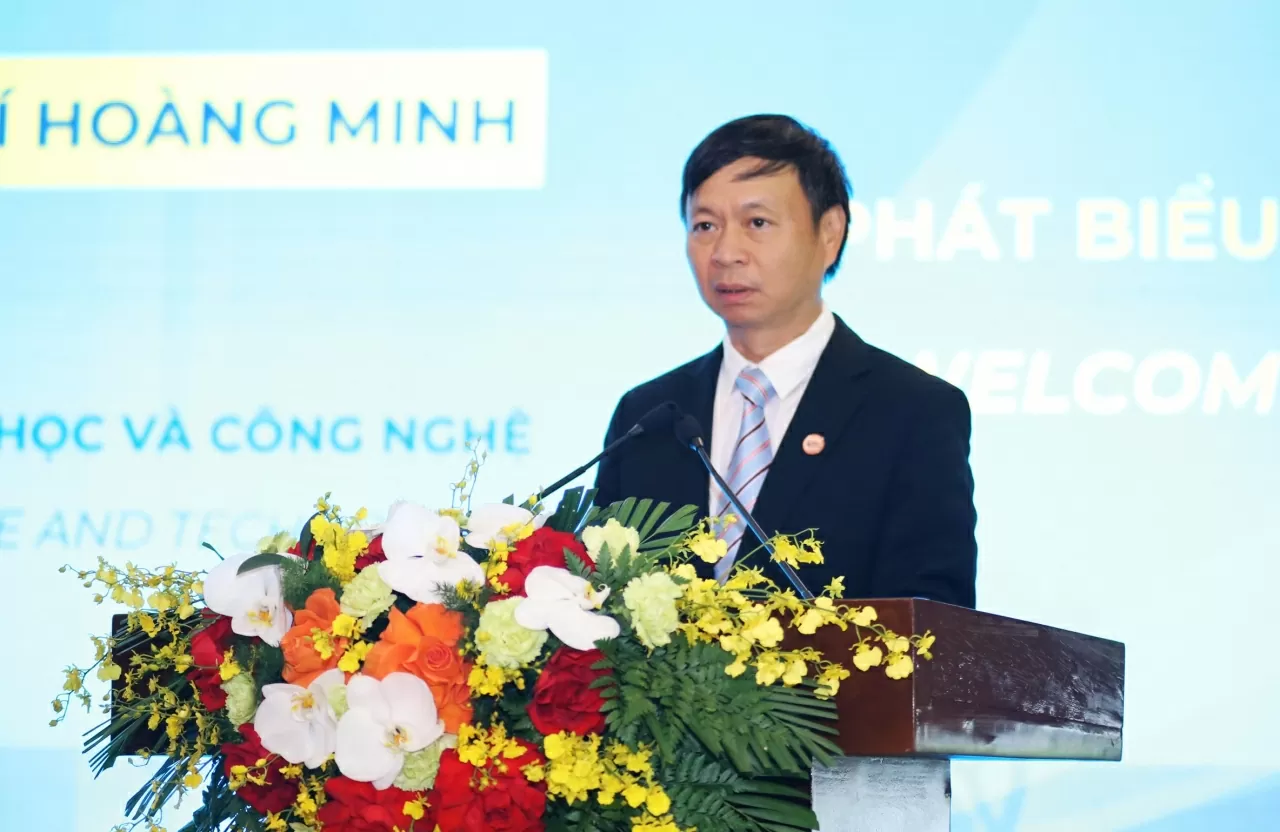 |
| Mr. Hoang Minh, Deputy Minister of Science and Technology, delivered the opening speech. (Photo: Thanh Long) |
In his opening remarks, Deputy Minister of Science and Technology Hoang Minh said that the world is facing unprecedented global challenges in terms of climate change, resource depletion and environmental pollution. In that context, promoting sustainable business models, green innovation and transforming the economic system towards low emissions and circularity has become an urgent requirement.
The picture of Vietnam's innovative startup ecosystem currently includes more than 4,000 innovative startups, including 2 unicorns, 11 businesses valued at over 100 million USD, more than 1,400 startup support organizations, 202 co-working spaces, 208 investment funds, and 35 business promotion organizations. Of these, it is estimated that about 200-300 businesses focus on green transformation, including areas such as renewable energy, environmental technology, sustainable agriculture, and circular economy. This figure is equivalent to about 5-7% of the total number of startups today.
Deputy Minister of Science and Technology Hoang Minh affirmed: “The forum is an opportunity for policy makers, businesses and investors to discuss, identify challenges, find solutions and propose breakthrough initiatives to promote the green creative startup ecosystem. We do not just discuss ideas, but need to aim for specific actions, create real changes, promote investment and develop sustainable business models effectively”.
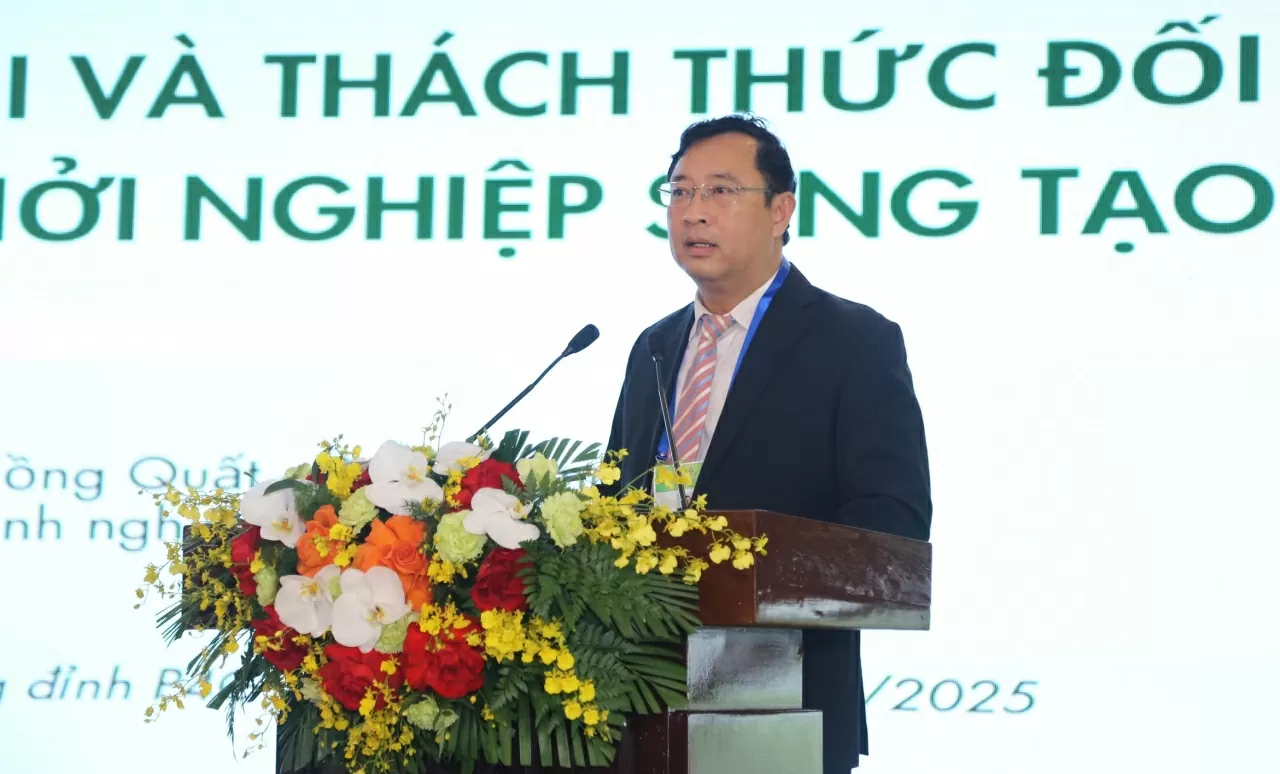 |
| Mr. Pham Hong Quat, Director of the Department of Startups and Technology Enterprises, Ministry of Science and Technology, presented a paper on opportunities and challenges for innovative startups in green transformation and sustainable development. (Photo: Thanh Long) |
According to Mr. Pham Hong Quat, Vietnamese startups are making important strides in developing green technology solutions. Among them, some typical enterprises have emerged such as Green ID, BUYO Bioplastics, Enfarm, Cenergy Vietnam, Boncafe.
There are many opportunities for innovation in a number of potential areas, first of all green information technology, software development and efficient energy management systems, optimizing the use of resources by businesses. Or the field of ecological products, related to the design and production of environmentally friendly products from biodegradable packaging to energy-saving home appliances. According to Mr. Pham Hong Quat, sustainable consulting services, clean technology and renewable energy are other potential areas that need to be further explored.
However, innovative startups face many challenges in this process. Firstly, mobilizing finance for green transformation, because green business models often require large initial investments and long capital recovery. Secondly, although there are many policies accompanying green businesses, specific regulations for startups are not really clear and strong. Thirdly, there is a lack of human resources with in-depth knowledge of circular economy or biomaterial production technology. Fourthly, although people are now more interested in environmentally friendly products, there are still many barriers in terms of price and consumer habits.
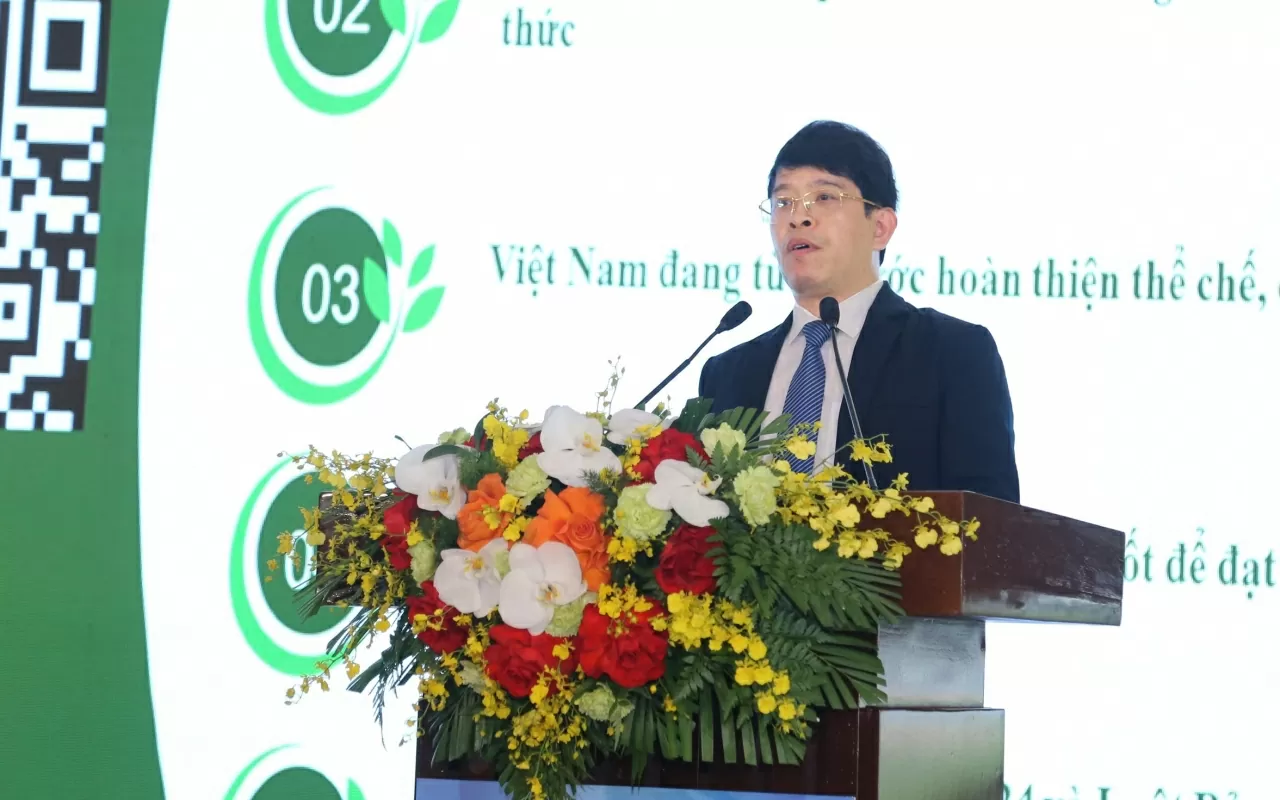 |
| Associate Professor, Dr. Nguyen Dinh Tho, Deputy Director of the Institute of Strategy and Policy on Agriculture and Environment, Ministry of Agriculture and Environment, delivered a speech on "Policy to promote innovative startups in green transformation and sustainable development in Vietnam". (Photo: Thanh Long) |
Associate Professor, Dr. Nguyen Dinh Tho said that Vietnam has issued many policies to promote green innovation and start-ups, including the National Strategy on Green Growth, the Law on Environmental Protection 2020, the Law on Supporting Small and Medium Enterprises 2017, and Project 844/QD-TTg. In particular, the Politburo has issued Resolution 57-NQ/TW to create a premise for breakthroughs in the development of science, technology, innovation and national digital transformation.
According to Associate Professor Dr. Nguyen Dinh Tho, it is necessary to complete the legal framework and increase investment support, first of all, improve institutions and legal framework for green startups; form sustainable investment funds, Vietnam innovation funds, call for capital from international organizations and apply ESG criteria in investment selection; promote green finance and market tools, issue green bonds, green credit, venture capital funds, land, and credit for green businesses.
In addition, connecting the business ecosystem is an important solution to promote cooperation and technology transfer. Associate Professor, Dr. Nguyen Dinh Tho proposed that it is necessary to strengthen the connection between startups and large enterprises, implement the "Green Acceleration Program", "Green Open Innovation" and the business advisory council for green innovation; establish local support centers, strengthen the connection between the state, research institutes, enterprises, and investment funds. In addition, we should raise public awareness and the green consumer market, educate sustainable startups at the high school and university levels, develop the GreenEcom e-commerce platform, and organize green hackathons.
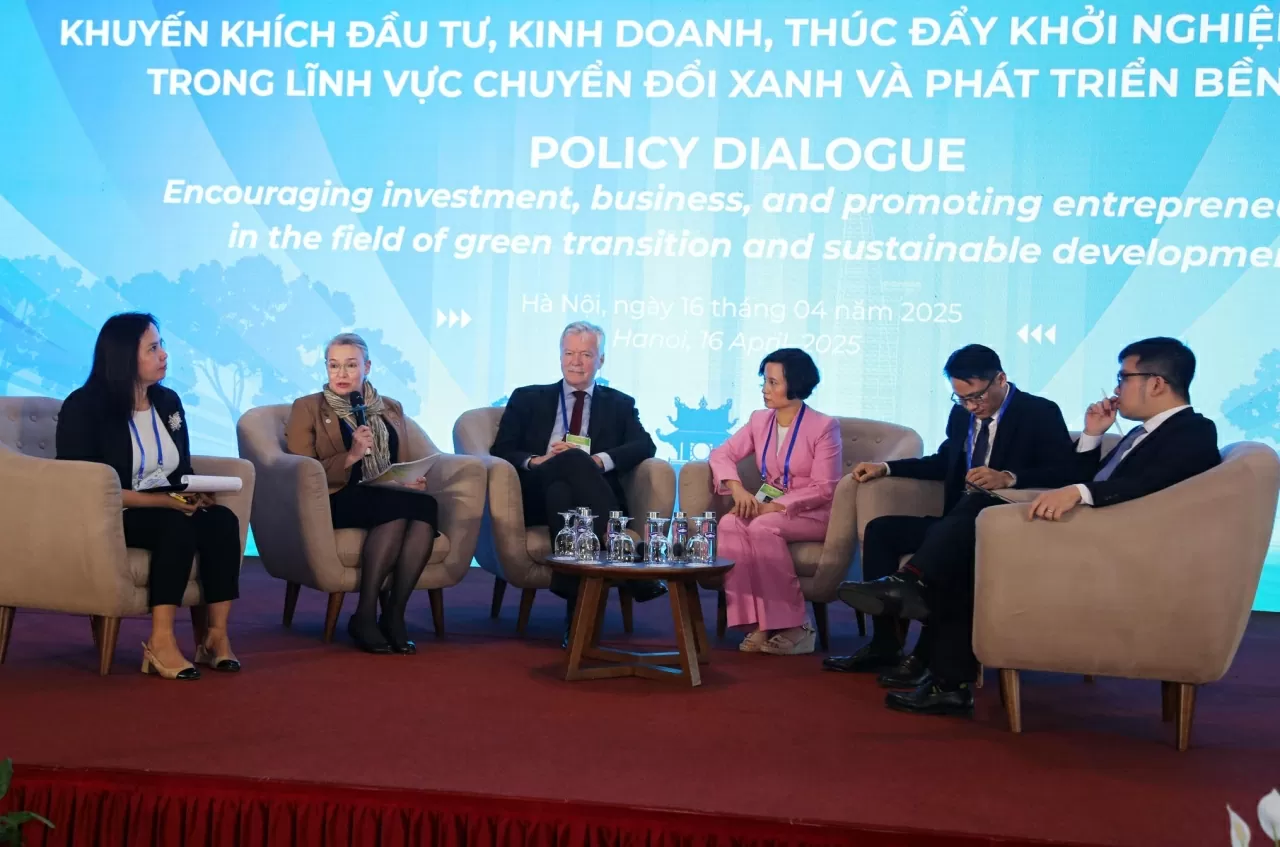 |
| Delegates in the discussion session with the topic: "Cooperation to promote green transformation and sustainable development". (Photo: Thanh Long) |
In addition, Mr. Malle Fofana, GGGI Regional Director for Asia, emphasized the issue of access to capital, promoting the development of these technologies and turning potential into practical results.
Currently, 75% of climate-related technologies are at an early stage, which calls for stronger action to tackle climate change. Looking at major emitters such as power generation and heavy industry, there is a huge gap between the need to reduce emissions and the current investment. Only about 11% of capital is being invested in clean technologies, while these sectors account for 35% of emissions.
“Most of the investment is currently focused on low-carbon, low-emission sectors,” said Malle Fofana. “But if we are truly going to achieve net zero emissions, we will have to completely restructure the way we produce, live, move, and build. It will not be easy, but we need to see the challenge as an opportunity to make climate technology a more central part of our economy.”
According to GGGI’s Asia Regional Director, we can now use technology, especially artificial intelligence (AI), to find effective solutions. Last year, AI alone attracted nearly $100 billion in investment. AI can help shorten the journey to net zero emissions. In addition, there needs to be cooperation between the public and private sectors – from venture capital funds, international organizations to national policies. All to support climate startups, especially in the early stages.
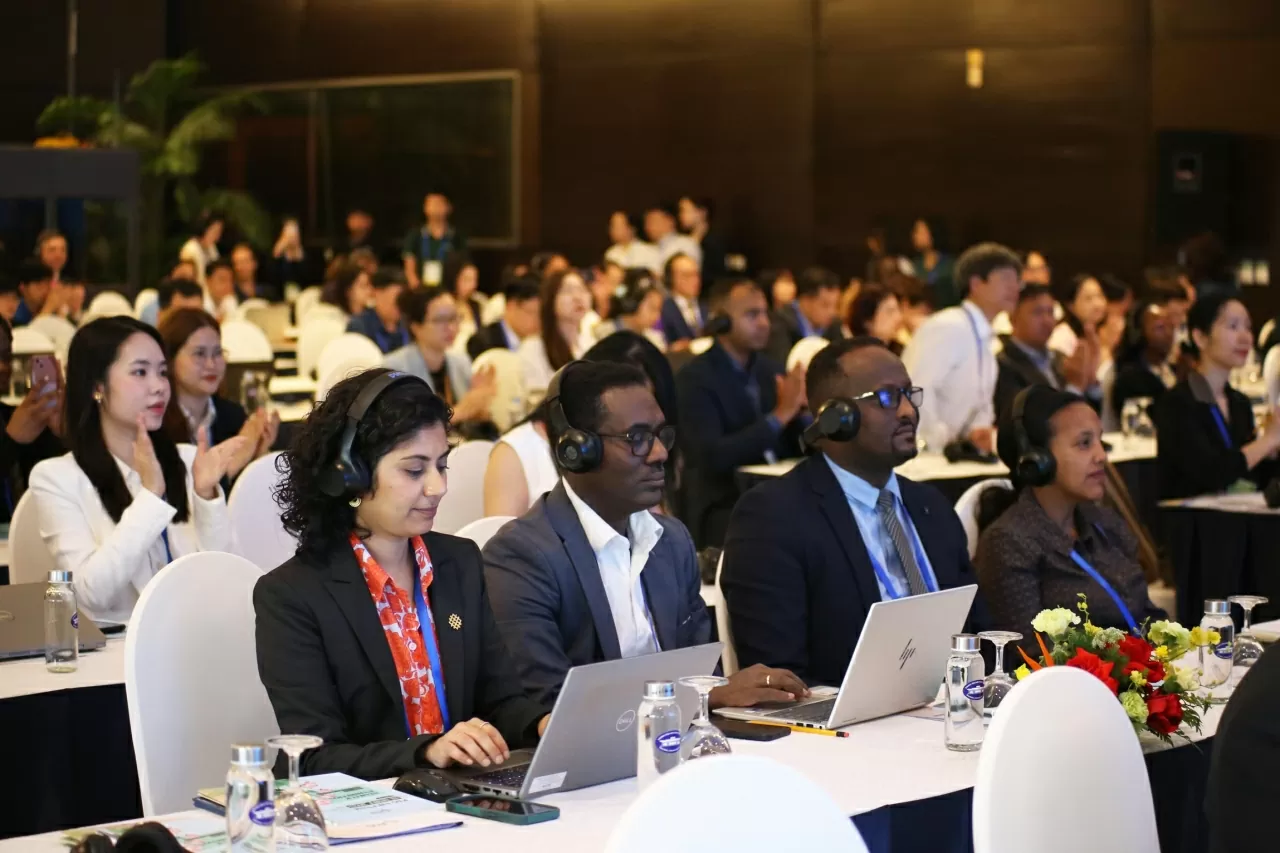 |
| Overview of the Dialogue Forum. (Photo: Jackie Chan) |
Source: https://baoquocte.vn/lo-i-hieu-trieu-nhung-ky-lan-trong-ne-n-kinh-te-xanh-va-be-n-vung-311297.html






![[Photo] Prime Minister Pham Minh Chinh receives Mr. Jefferey Perlman, CEO of Warburg Pincus Group (USA)](https://vstatic.vietnam.vn/vietnam/resource/IMAGE/2025/4/18/c37781eeb50342f09d8fe6841db2426c)
![[UPDATE] April 30th parade rehearsal on Le Duan street in front of Independence Palace](https://vstatic.vietnam.vn/vietnam/resource/IMAGE/2025/4/18/8f2604c6bc5648d4b918bd6867d08396)

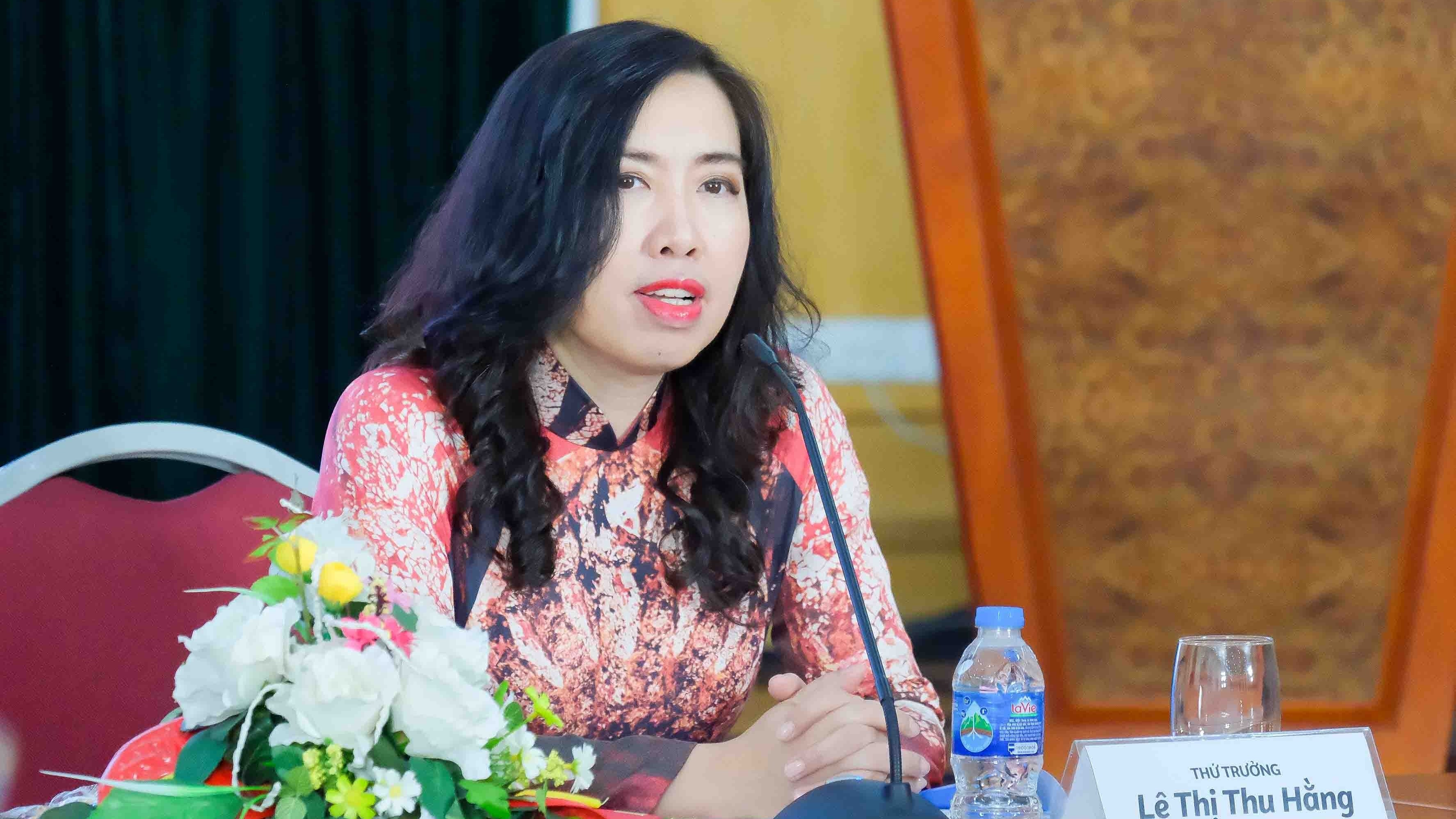
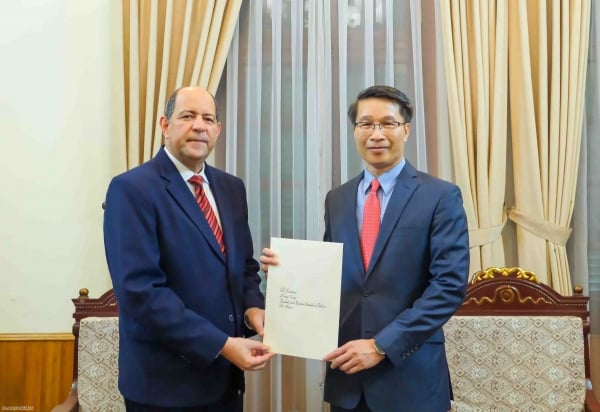
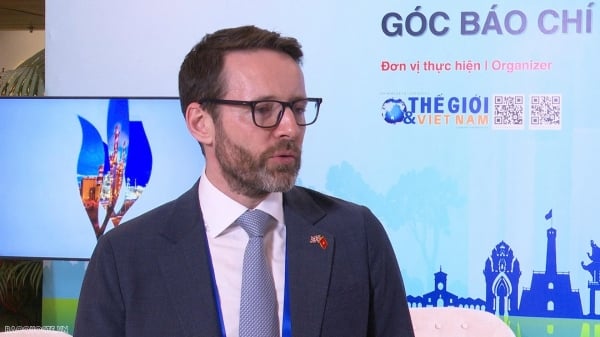






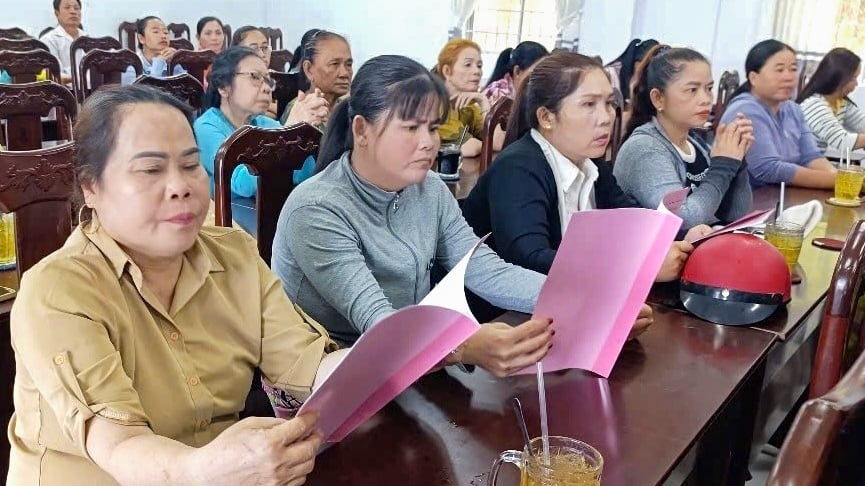
















































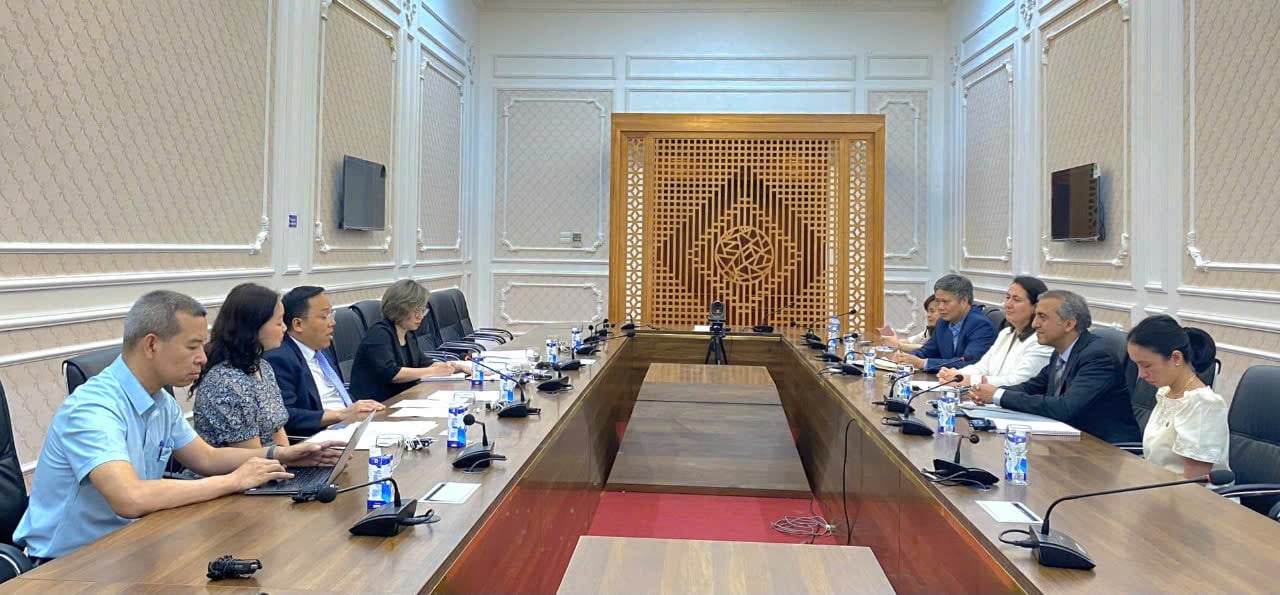


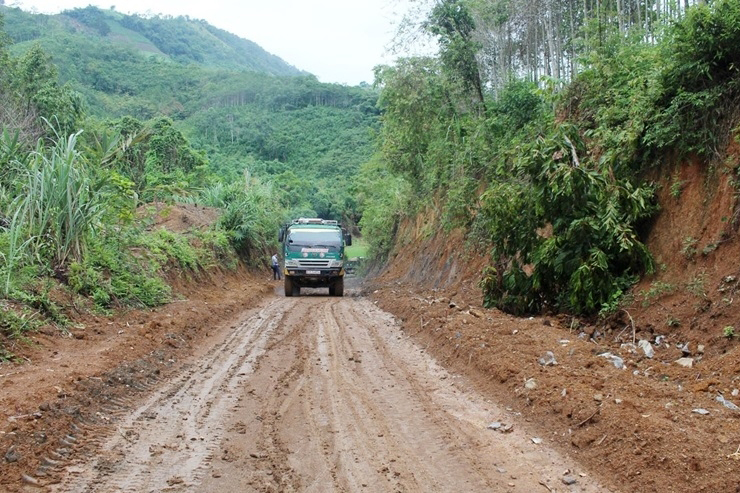

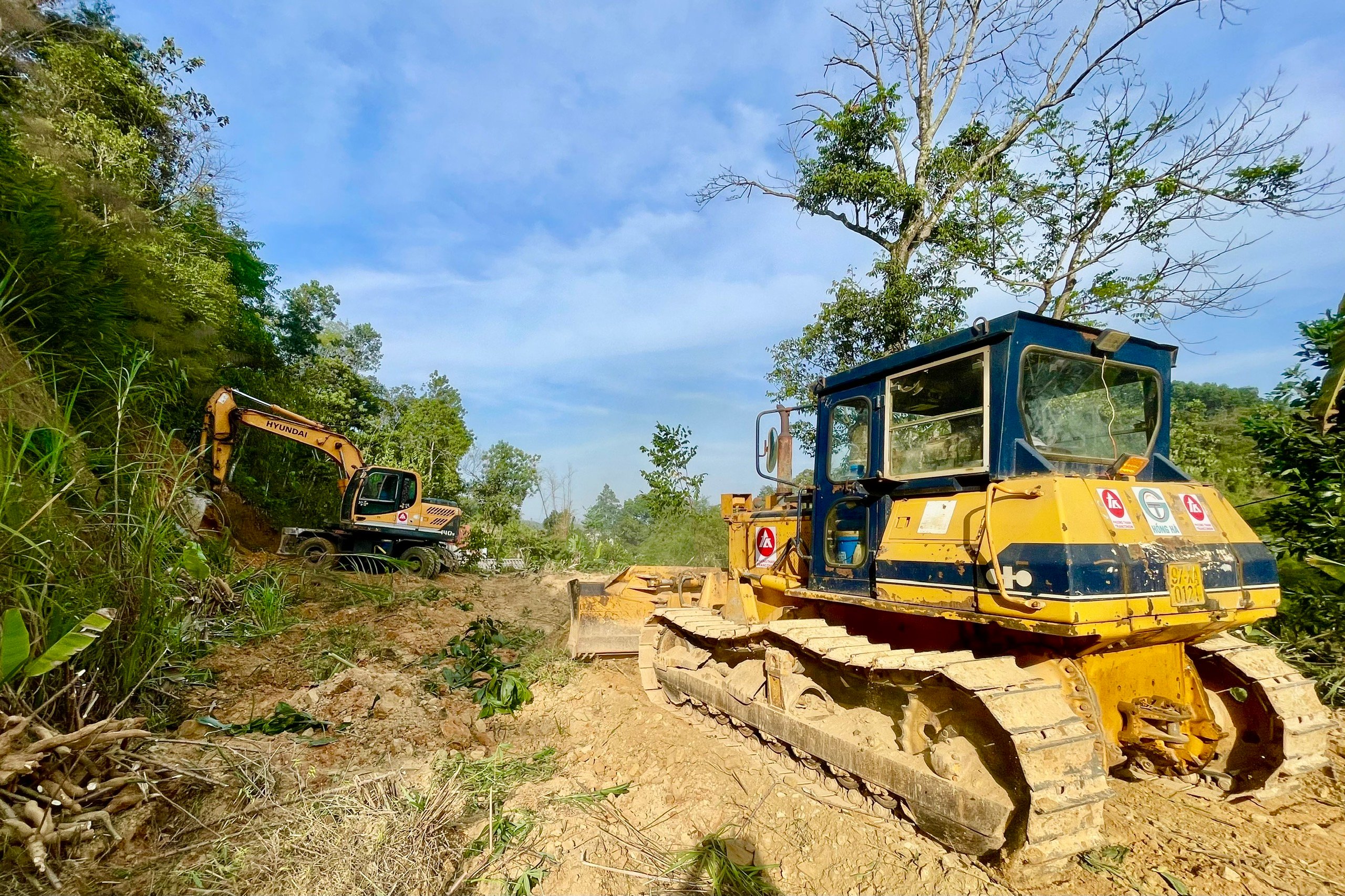
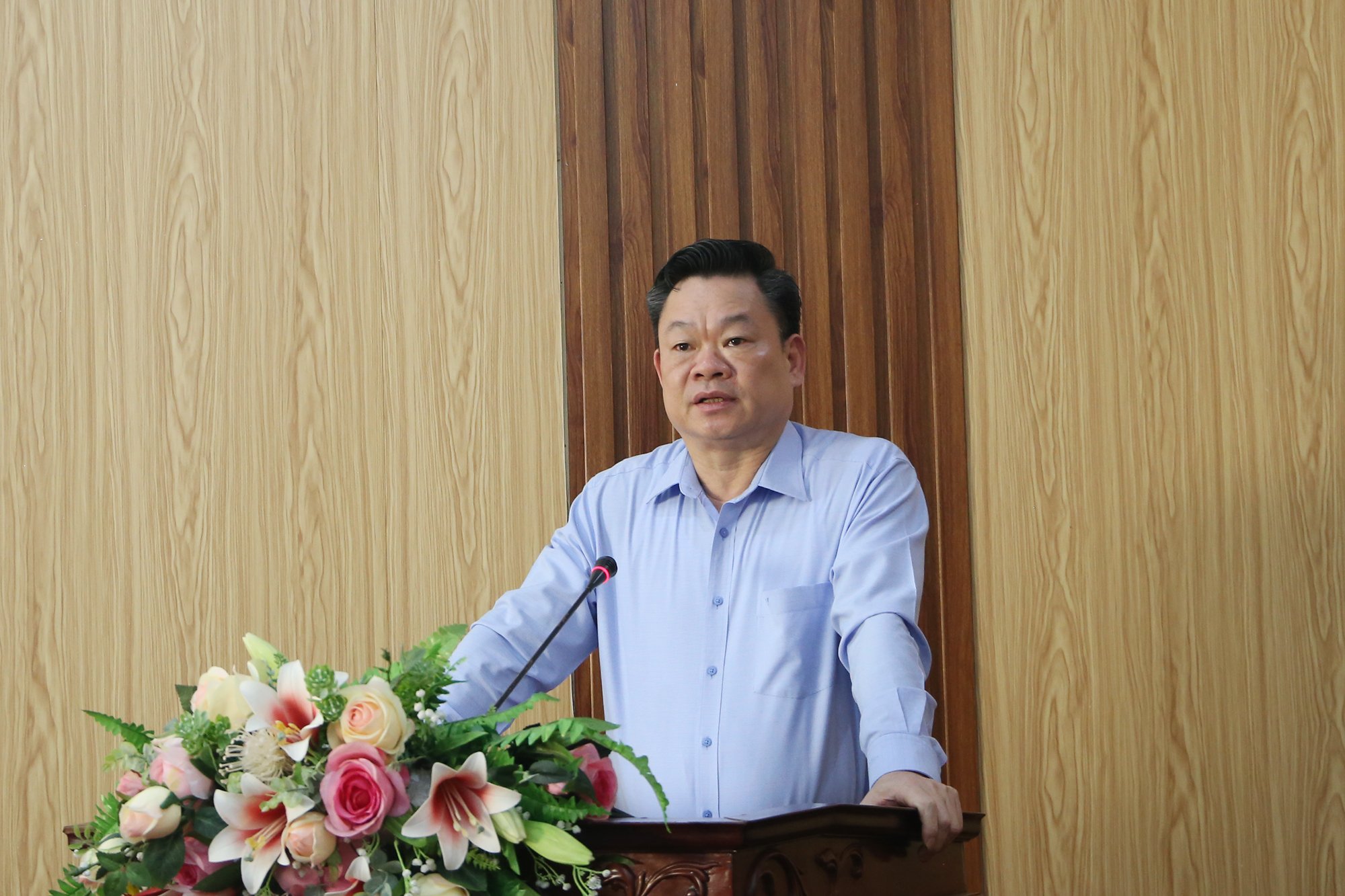












Comment (0)